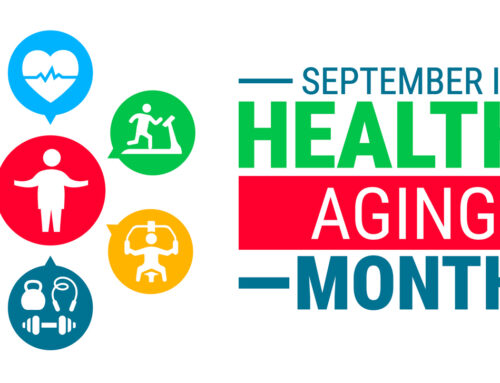Public libraries have long been pillars of community life, offering access to knowledge, culture, and social engagement. For seniors, these institutions play an especially crucial role, serving as hubs for lifelong learning, social interaction, and health resources. As the senior population grows, the importance of public libraries in supporting their well-being becomes increasingly significant.
Lifelong Learning and Intellectual Stimulation
One of the primary benefits that public libraries offer to seniors is access to lifelong learning opportunities. Many older adults have a thirst for knowledge that doesn’t diminish with age. Libraries provide an extensive range of resources, from books and audiobooks to online databases and educational programs, that cater to this desire to keep learning.
Many libraries offer workshops, lectures, and courses on topics ranging from history and literature to technology and health. These programs are not only educational but also provide a sense of purpose and accomplishment for seniors. The availability of free or low-cost classes on technology, for example, helps bridge the digital divide, enabling seniors to stay connected with family, friends, and the broader world.
Social Interaction and Community Engagement
Loneliness and social isolation are significant concerns for many older adults, particularly those who live alone. Public libraries serve as vital community hubs where seniors can interact with others, participate in group activities, and forge new friendships. Regular visits to the library can be a social lifeline, offering opportunities to engage with peers, attend social events, or simply chat with library staff.
Many libraries host book clubs, discussion groups, and hobby-related gatherings that appeal to older adults. These activities not only provide a structured way to socialize but also foster a sense of belonging and community. For seniors who may have lost loved ones or who live far from family, these interactions are invaluable for maintaining mental and emotional well-being.
Health and Wellness Resources
Public libraries are increasingly becoming centers for health information and wellness programs, particularly for older adults. Many libraries offer health screenings, fitness classes, and informational sessions on topics such as managing chronic conditions, nutrition, and mental health. These programs are often conducted in partnership with local health organizations, providing seniors with reliable information and resources close to home.
In addition, libraries offer access to online health databases and other resources that can help seniors make informed decisions about their health care. For those who may have limited mobility or transportation options, the library’s health resources can be a convenient and accessible way to stay informed about their health and wellness.
Digital Access and Support
In today’s digital age, having access to technology is essential. However, many seniors face challenges when it comes to using computers, smartphones, and the internet. Public libraries help bridge this gap by offering free access to computers, the internet, and other digital devices. More importantly, many libraries provide one-on-one assistance or classes specifically designed to help seniors become more comfortable with technology.
These digital literacy programs can cover a wide range of topics, from basic computer skills to navigating social media and protecting personal information online. By equipping seniors with the skills they need to use technology confidently, libraries help them stay connected and engaged in an increasingly digital world.
Conclusion
Public libraries are more than just places to borrow books; they are vibrant community centers that play a critical role in enhancing the quality of life for seniors. By offering opportunities for lifelong learning, social engagement, health and wellness support, and digital access, libraries help older adults lead fulfilling, active lives. As communities continue to recognize the value of these services, the role of public libraries in supporting seniors is likely to grow even more vital in the years to come.
If you or someone you know is interested in care management or home healthcare services in South Florida, FirstLantic can help. We are locally owned and operated, providing our patients with the highest quality in-home care services in Fort Lauderdale (Broward County), as well as in-home care services in Delray Beach (Palm Beach County), North Miami (Miami-Dade) and Jupiter (Treasure Coast) since 2000. Click here to contact us.
 AVAILABLE 24 HOURS A DAY/7 DAYS A WEEK
AVAILABLE 24 HOURS A DAY/7 DAYS A WEEK Careers
Careers







